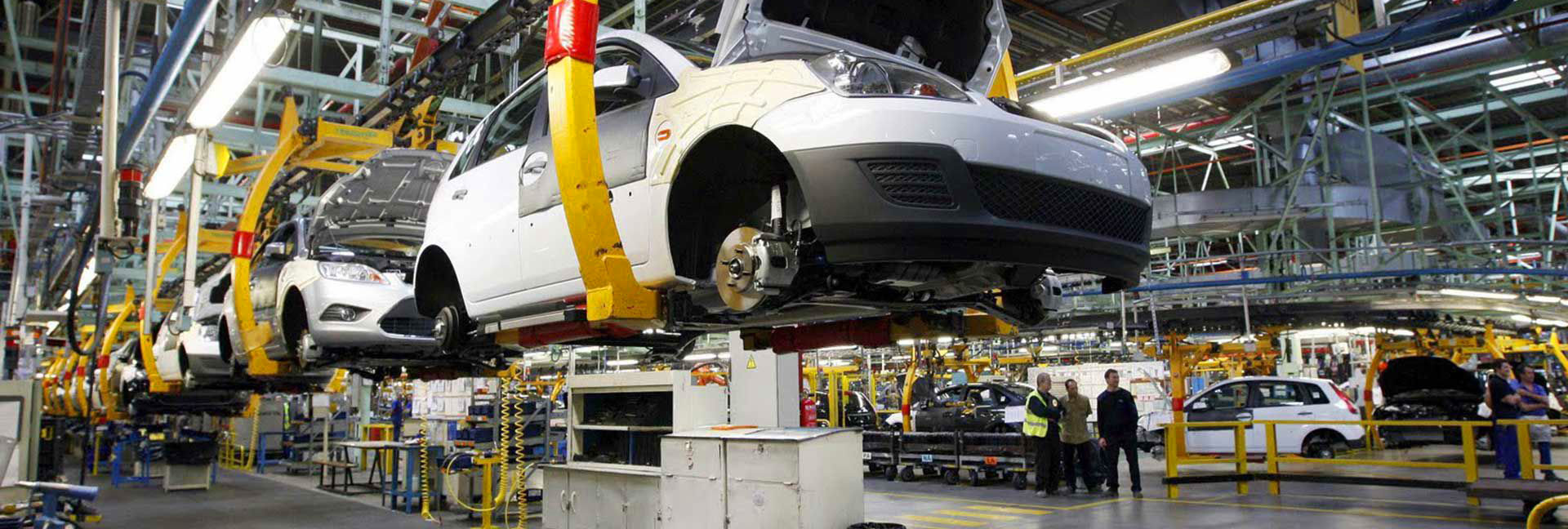

EUROLAB, together with its state-of-the-art accredited laboratories and expert team, provides precise and fast testing services within the scope of VW PV 3983 test. The VW PV 3983 standard, developed by the Volkswagen automobile company, defines the stress fracture (stress crack resistance) test method for determining the overall vehicle/environment resistance of plastics and thermoplastic elastomers in relation to mechanical stresses.

Cracks usually start at small defects and spread to nearby areas of polymer structures. The ability of a plastic sample or a polymer to resist slow growth in cracks or environmental stress cracking is essentially known as environmental stress cracking resistance.
Environmental stress crack resistance is a vital property required for the longevity of plastics. It is one of the most common causes of unexpected brittle failure in thermoplastic. Environmental stress cracking accounts for approximately 15-30 percent of all plastic component failures in service. Therefore, testing plastics for environmental stress crack resistance is a must for manufacturers.
Stress cracking is an internal or external crack that occurs in plastic as a result of stresses less than its short-term mechanical strength. This type of cracking usually consists of brittle cracking with ductile or little shrinkage of the plastic material from adjacent surface fracture. Slow growth in cracks is a term used to describe stress cracking. The best form of slow crack growth is environmental stress cracking. Often in the presence of wet active substances such as soap, surfactants, alcohol and others, stress samples can crack. These wet substances do not attack the polymers directly and do not affect the sample in any way except for minor visible fractures.
Stress cracking causes plastic materials to fail or deteriorate. A durable plastic has to last its entire life before it deteriorates. Therefore, before starting production, it is very important to measure the environmental stress crack resistance and other relevant properties of a polyethylene for reliable production.
How to measure environmental stress cracking resistance, samples are kept at different temperatures. The higher the set temperature, the faster it produces cracks. The test method described in the VW PV 3983 standard accelerates the environmental stress cracking resistance test on the sample.
EUROLAB assists manufacturers with VW PV 3983 test compliance. Our test experts, with their professional working mission and principles, provide you, our manufacturers and suppliers, the best service and controlled testing process in our laboratories. Thanks to these services, businesses receive more effective, high-performance and quality testing services and provide safe, fast and uninterrupted service to their customers.
To get an appointment, to get more detailed information or to request an evaluation, you can ask us to fill in our form and reach you.